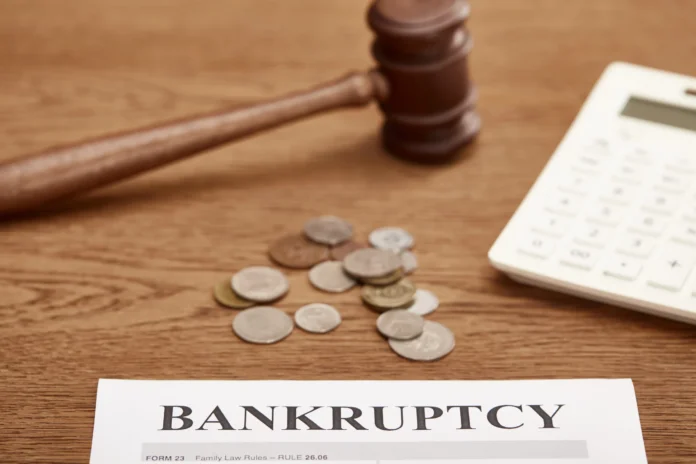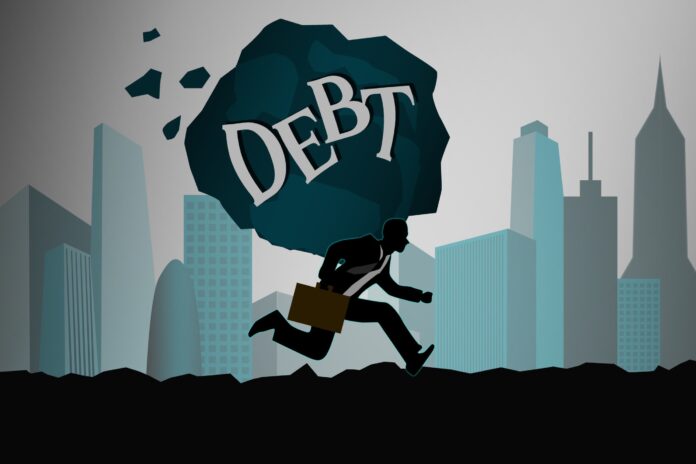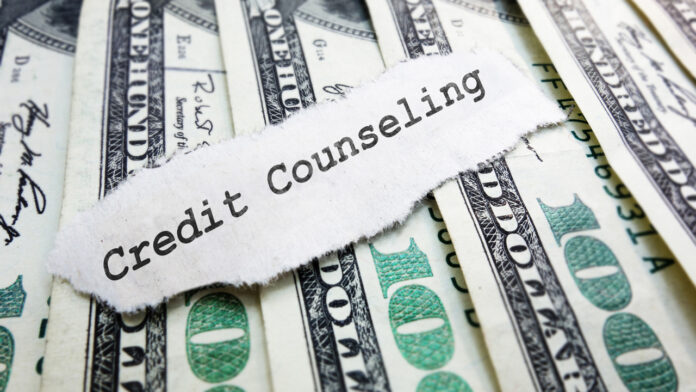When faced with crushing debt, it’s common to feel cornered, believing that bankruptcy is your only escape route. However, it’s vital to recognize that this is not the only path available to you. Before you plunge into the complexities of bankruptcy, consider the myriad of alternatives designed to help you regain control of your financial situation. Exploring these options can relieve you from the severe ramifications typically associated with bankruptcy, such as dramatically lowered credit scores and enduring challenges in securing loans. By broadening your understanding of bankruptcy alternatives, you empower yourself to make informed decisions about debt relief options that suit your circumstances.
Key Takeaways
- Bankruptcy is not your only option; explore a range of alternatives.
- Understanding bankruptcy alternatives can help you regain financial control.
- Consider the long-term impact of bankruptcy on your credit score.
- Debt relief options can provide viable solutions without severe consequences.
- It’s essential to evaluate all available strategies tailored to your situation.
What Are Bankruptcy Alternatives?

Bankruptcy alternatives refer to various strategies that help you manage debt without filing for bankruptcy. Popular options include:
- Debt consolidation involves combining multiple debts into a single loan, often with reduced interest rates.
- Credit counseling services that offer personalized guidance and budgeting strategies.
- Negotiating directly with creditors to reach more favorable payment terms.
These approaches often provide bankruptcy alternatives for individuals seeking to improve their financial circumstances while avoiding the negative implications associated with bankruptcy filings.
Why Consider Alternatives to Bankruptcy?
Selecting alternatives to bankruptcy can significantly influence your financial future. Maintaining a higher credit score is critical since bankruptcy has the potential to severely damage your credit rating and jeopardize your ability to secure future loans or mortgages. The repercussions of a bankruptcy filing may linger for years, limiting your financial options.
Utilizing debt relief options, such as comprehensive credit counseling, allows for constructive conversations with creditors and the development of manageable repayment plans. This proactive engagement helps you reclaim financial independence while fostering a healthier economic outlook.
Understanding Bankruptcy Alternatives – Options Beyond Filing

When facing financial challenges, exploring various strategies can provide relief and pave the way to improved financial stability. Three prominent options to consider are debt consolidation strategies, credit counseling services, and negotiating with creditors. Each of these approaches can serve as an effective bankruptcy alternative for individuals and businesses seeking to manage their debt efficiently.
Debt Consolidation Strategies
Debt consolidation options allow you to combine multiple debts into a single payment. This approach may lead to lower interest rates and simplified repayment. Popular methods include personal loans, balance transfer credit cards, and home equity loans. Managing your financial obligations becomes easier with one monthly payment. Keep in mind that these strategies usually require a good credit score. For those with credit troubles, nonprofit debt management plans emerge as viable alternatives. These programs are accessible and help participants streamline repayment without needing new loans.
Credit Counseling Services

Engaging with credit counseling services offers an essential resource for individuals struggling with debt. Through a thorough assessment of your financial situation, professional credit counselors can assist in creating budgets, securing lower interest rates, and establishing a debt management plan (DMP). With a DMP, you may substantially reduce monthly payments while systematically eliminating your debt. The flexibility present in these plans allows you to exit voluntarily, a significant advantage compared to traditional bankruptcy routes.
Negotiating with Creditors
Direct negotiations with creditors can yield favorable outcomes and help reduce financial burdens. Studies reveal that a significant percentage of consumers successfully negotiate lower interest rates on credit cards when they advocate for themselves. Open discussions can lead to more accommodating repayment terms, alleviating stress without involving bankruptcy. By approaching creditors honestly about your circumstances, you can explore tailored debt negotiation solutions that fit your situation.
| Strategy | Description | Best For | Potential Drawbacks |
| Debt Consolidation | Combining multiple debts into one payment at a lower interest rate. | Individuals with good credit seeking simplified payments. | Requires decent credit; failure may lead to higher rates. |
| Credit Counseling | Professional guidance for budgeting and debt management. | Individuals need structured help to manage debt. | Can require commitment; not all services are free. |
| Negotiating with Creditors | Discussions with creditors to secure lower rates or extended terms. | Consumers are willing to advocate for themselves. | Not all creditors will agree; requires negotiation skills. |
Comparing Alternatives to Bankruptcy

When you face overwhelming debt, identifying suitable alternatives to bankruptcy can be crucial for regaining financial stability. Various strategies exist, each with unique benefits and considerations. This section examines three primary options: debt settlement, Chapter 13 bankruptcy, and asset sales, providing insights into how each method can help you manage your financial situation effectively.
Debt Settlement
Debt settlement involves negotiating with creditors to reduce the total amount owed. This process is often executed through a debt settlement company but can also be done independently. To increase the chances of success, individuals may initially default on their payments. While this can lead to reduced liabilities, it may severely impact your credit score. Additionally, any debts forgiven by creditors may be treated as taxable income, making it vital to weigh the long-term implications.
Chapter 13 Bankruptcy Overview
For those facing significant financial challenges, here is a structured alternative. This option allows individuals to reorganize their debts while retaining their assets. It requires the creation of a repayment plan that spans three to five years, tailored to your income. Throughout this process, you can protect your home from foreclosure and manage past-due auto payments. This bankruptcy alternative can offer a path to financial recovery while maintaining essential property ownership.
| Option | Benefits | Considerations |
| Debt Settlement | Potentially lower total debt | Requires defaulting on payments, affects credit score, and possible tax implications |
| Chapter 13 Bankruptcy | Retain assets, structured repayment plan | Long-term commitment can impact credit for years |
| Asset Sales | Immediate cash flow, reducing debt | Potential loss of necessary assets requires planning |
Conclusion
In conclusion, understanding bankruptcy alternatives is crucial for anyone facing financial hardships. The range of available bankruptcy options allows you to alleviate debt while avoiding the severe repercussions of filing for bankruptcy. Through strategies such as debt consolidation, credit counseling, and negotiating with creditors, you can find tailored solutions that better fit your financial situation.









